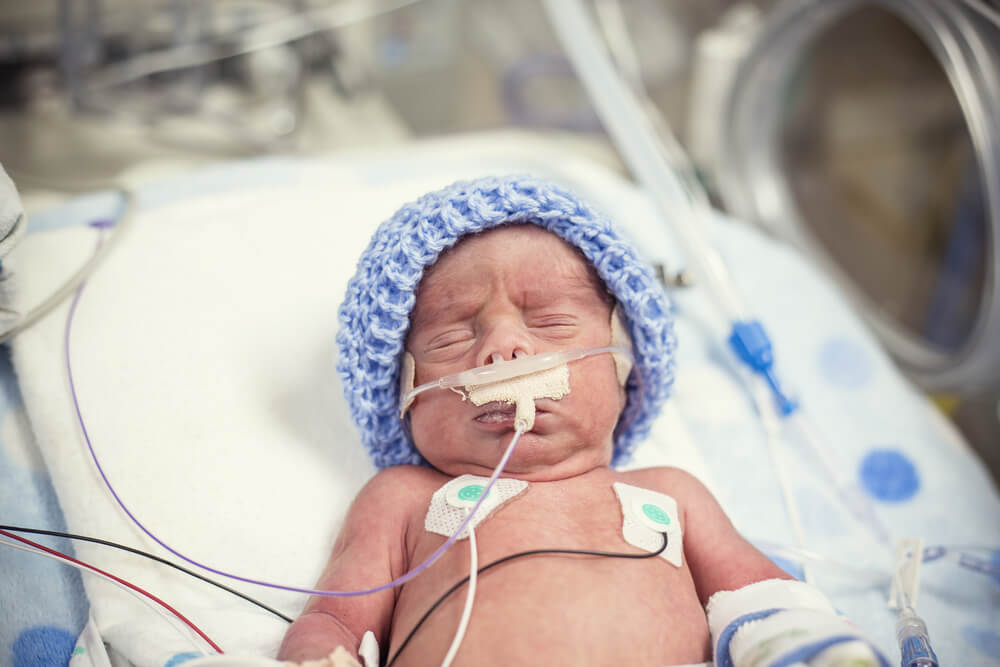Infant Hypoxic Ischemic Encephalopathy (HIE)
Infant hypoxic ischemic encephalopathy – or HIE –happens when the brain is deprived of oxygen. As a result of this condition, your child could develop cerebral palsy. HIE is one of the most common forms of brain damage that your child can encounter. It happens when the brain doesn’t receive enough oxygen and blood. After this condition has affected the brain, it will often cause severe cognitive delays, developmental problems, and motor impairments. In some cases, this won’t become apparent until your child begins to grow.

What Symptoms Characterize This Condition
There are a few symptoms that have become common with this condition. These are used to mark the likelihood that a child has HIE. Some of the symptoms include:
- Low heart rate
- Bluish or pale skin color
- Poor muscle tone
- Weak breathing or no breathing at all
- Excessive acid within the bloodstream
The doctor will perform tests as a way of confirming that this condition is present. Some of the tests that they might conduct include:
- MRI scan
- CT Scan
- Echocardiography
- Ultrasound
Your doctor might also perform optional tests as a way of diagnosing the condition further. For example, your doctor might request an EKG or an EEG to look at the results and determine if your child suffers from HIE.
What Risk Factors Cause This Condition?
Asphyxia has become one of the most common factors with infants developing HIE. How long a child was deprived of oxygen will largely determine how severe the condition is. Some of the factors that put a child at high risk for this condition include:
- Medical negligence
- Prolapsed cord
- Placental abruption
- Uterine rupture
- Intrapartum hemorrhage
- Cardiac complications
- Acute maternal hypotension
How Do Doctors Treat This Condition?
Doctors treat infant hypoxic ischemic encephalopathy based on the type of damage that was done to the brain. They do this because each case is unique. Treatment would vary in effectiveness if they used a cookie-cutter plan of action. Instead, they look at the severity and determine a good treatment for the individual. One of the most basic goals of treatment, though, is to support the baby’s organs.
Typically, asphyxia will cause permanent brain damage that can lead to birth disorder. Unfortunately, there are cases where even after asphyxia has ceased that the brain damage will continue to progress and increase the chances that the child will suffer a birth disorder like cerebral palsy. As soon as you notice something is wrong with your baby, you should take them to see a doctor as soon as possible. This can go a long way in lowering the risk that your child will suffer permanent harm from a condition like HIE. It may not stop every symptom, but it can lower the risks of a permanent birth injury.
